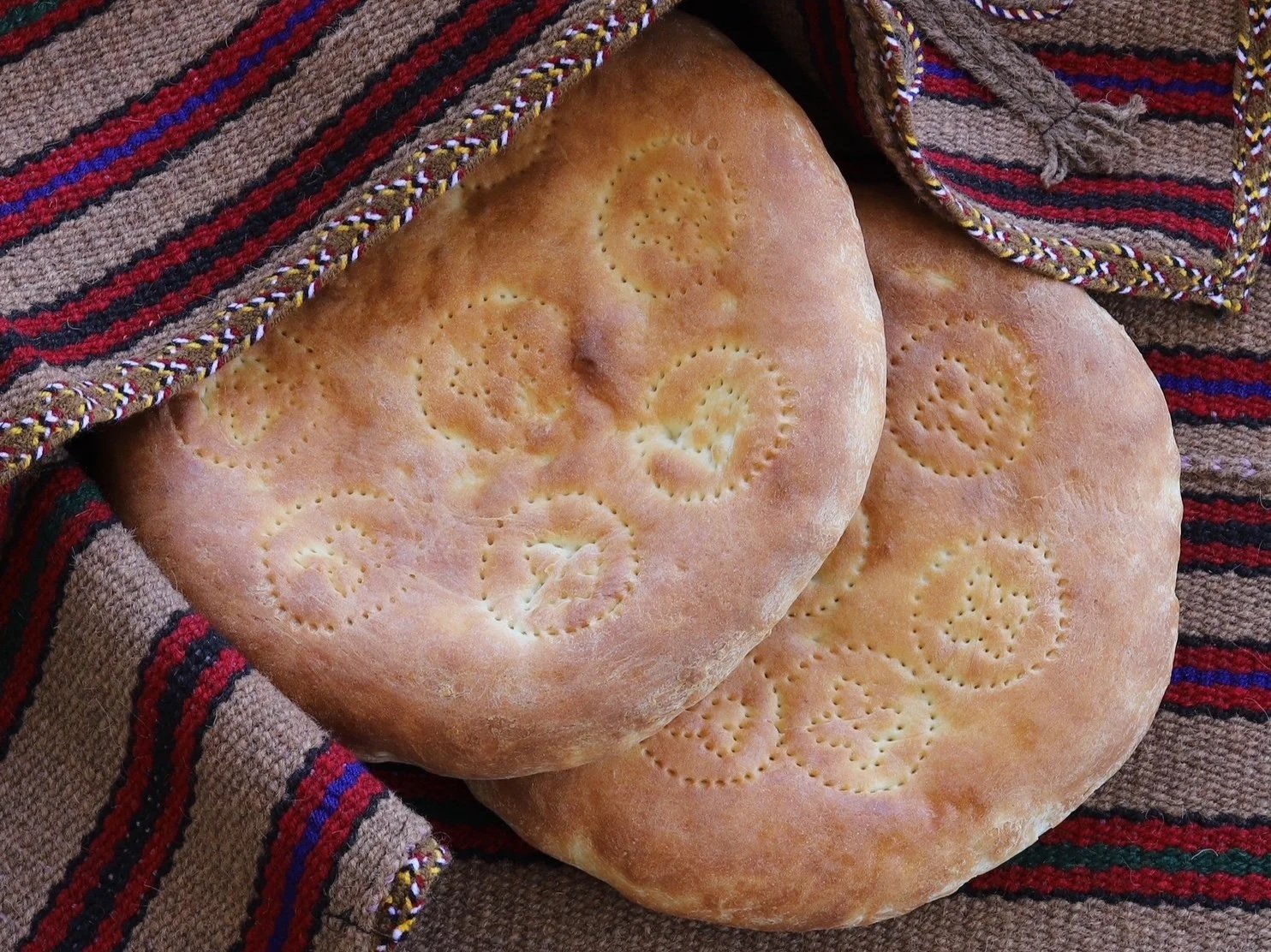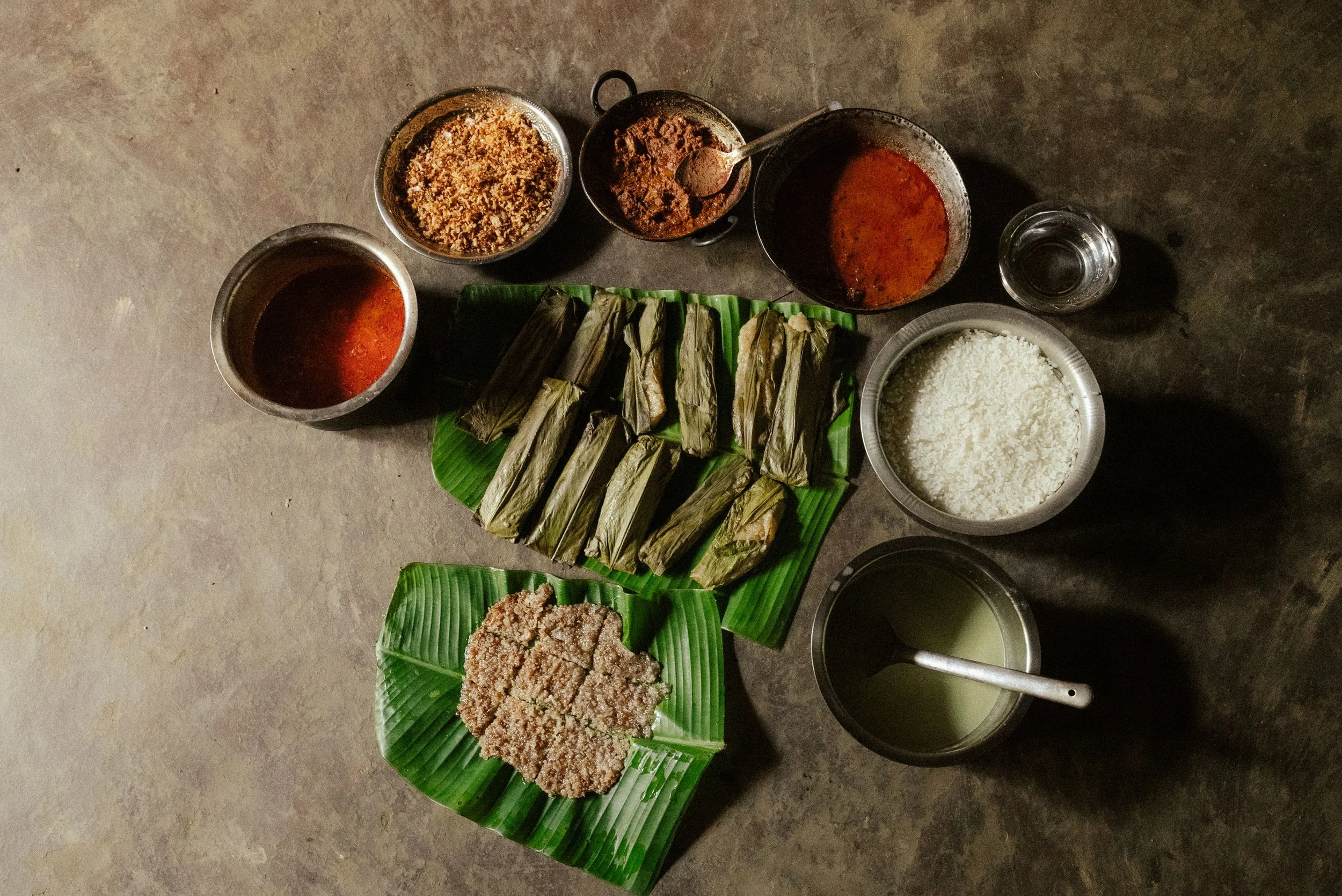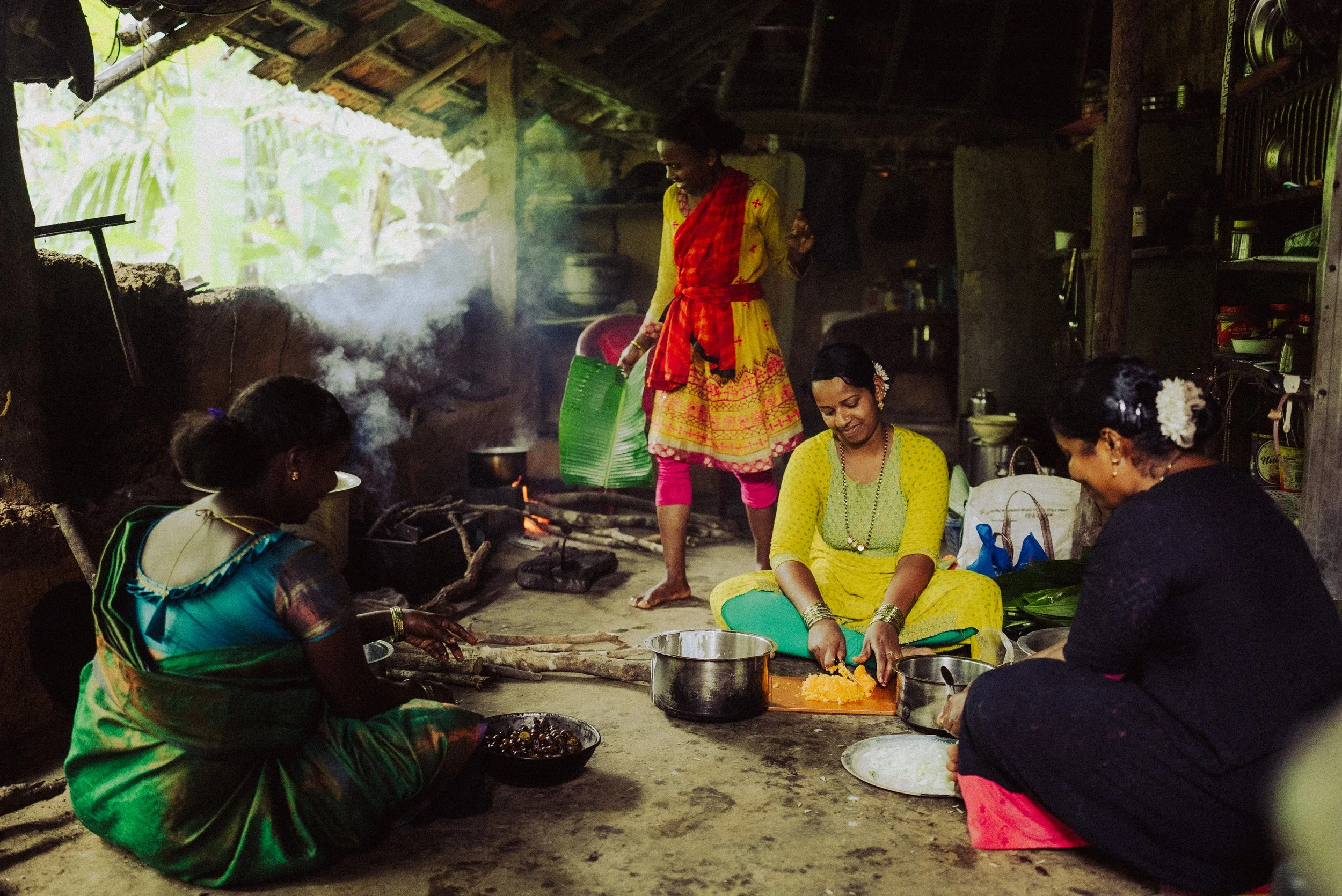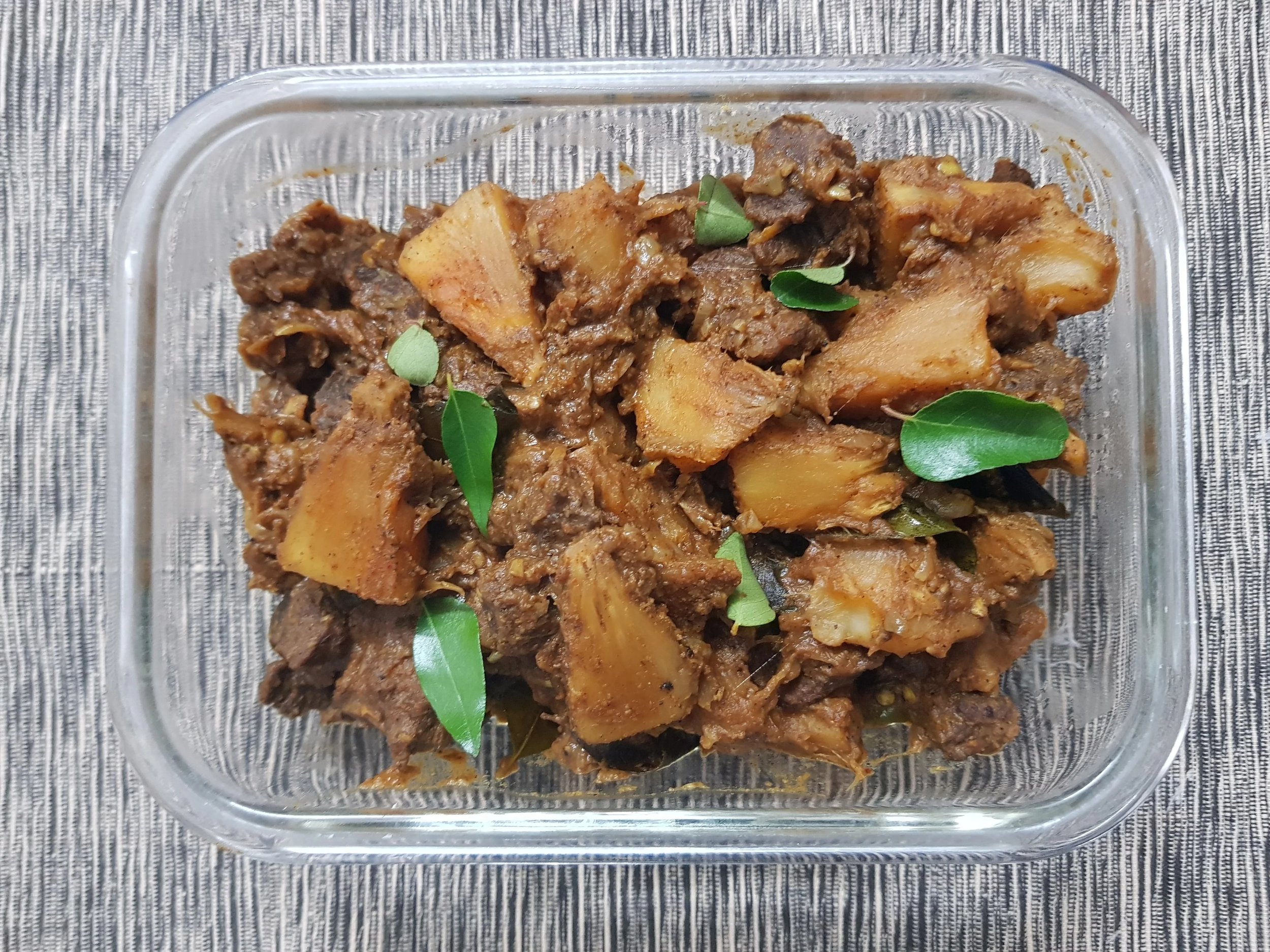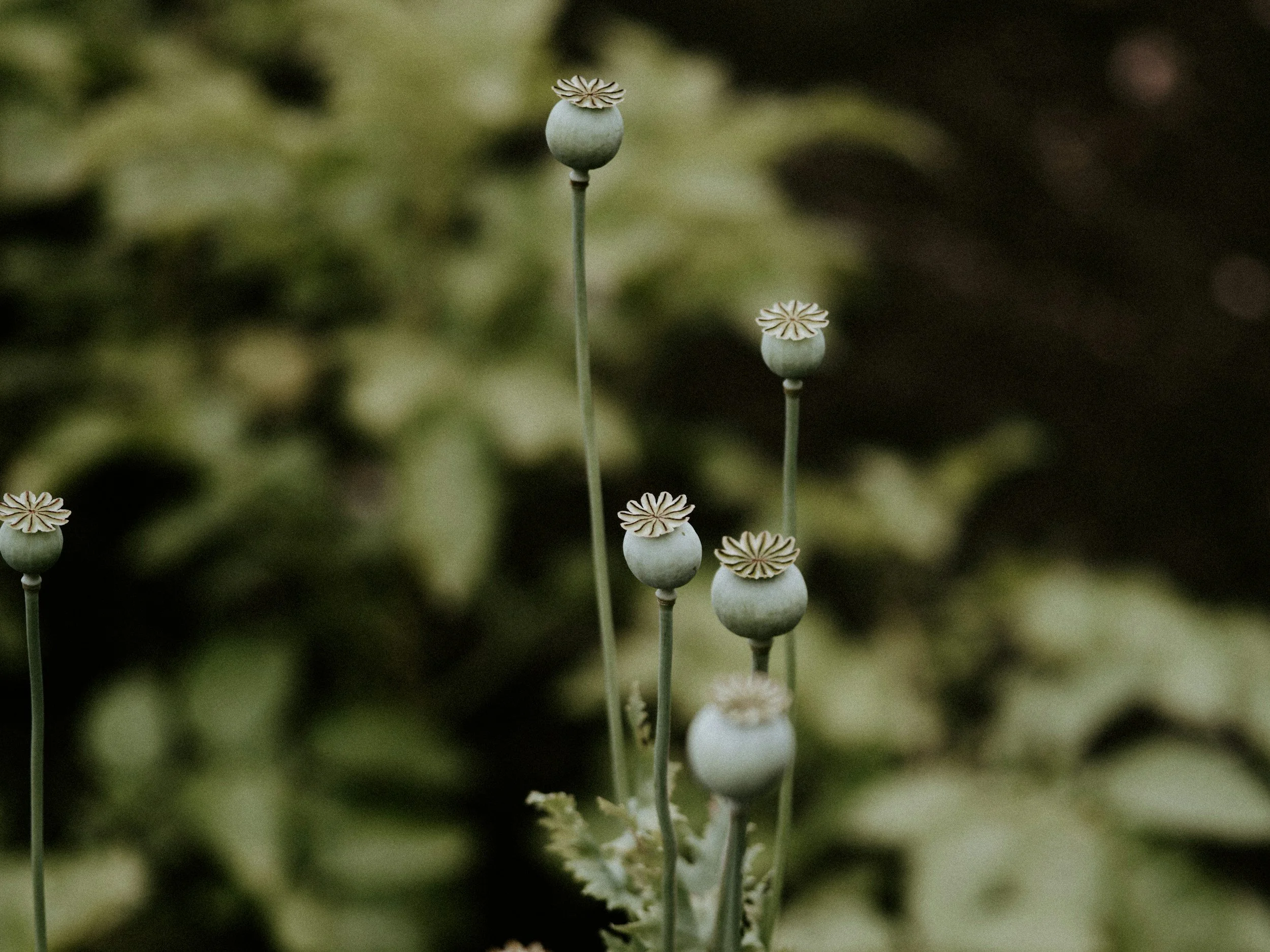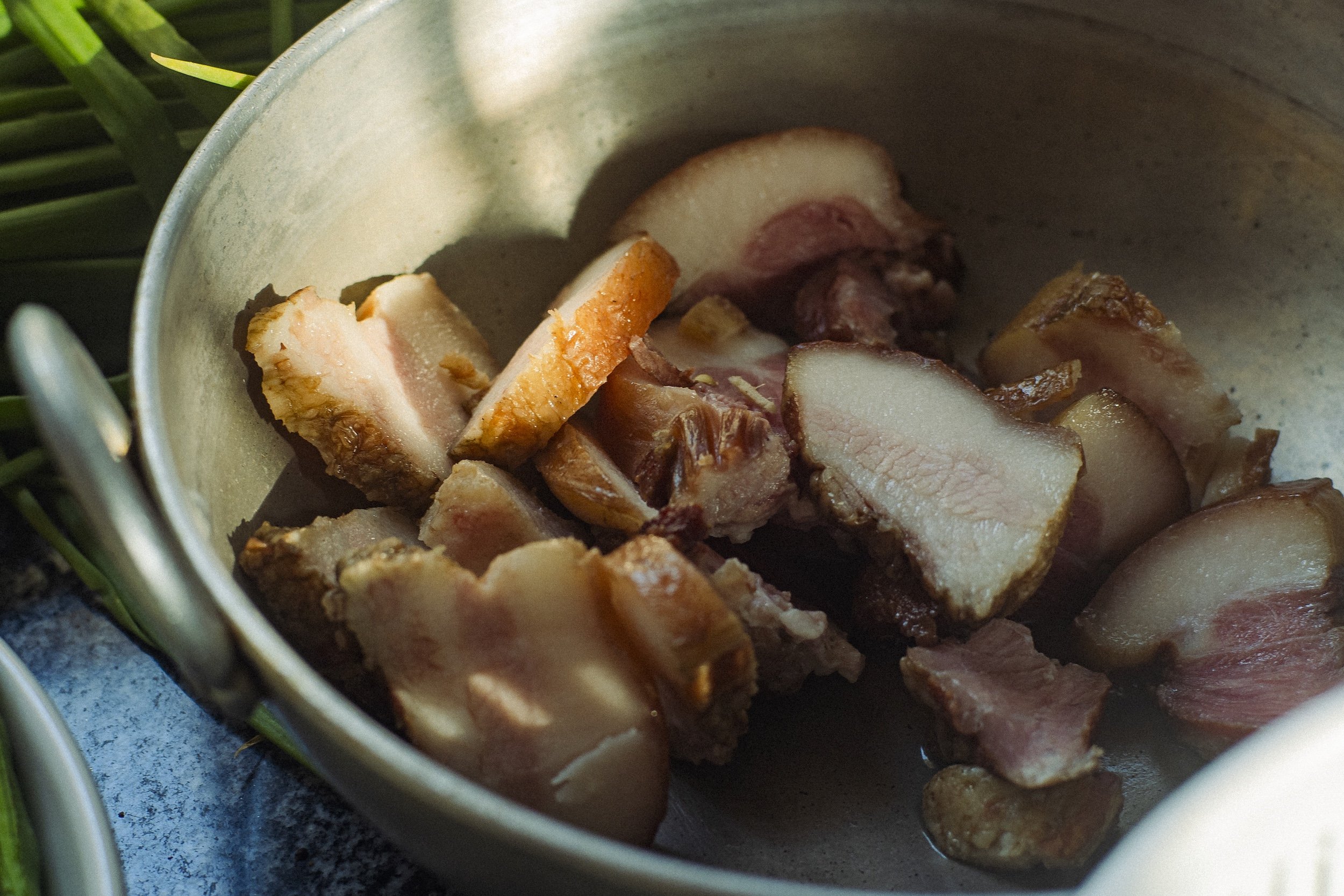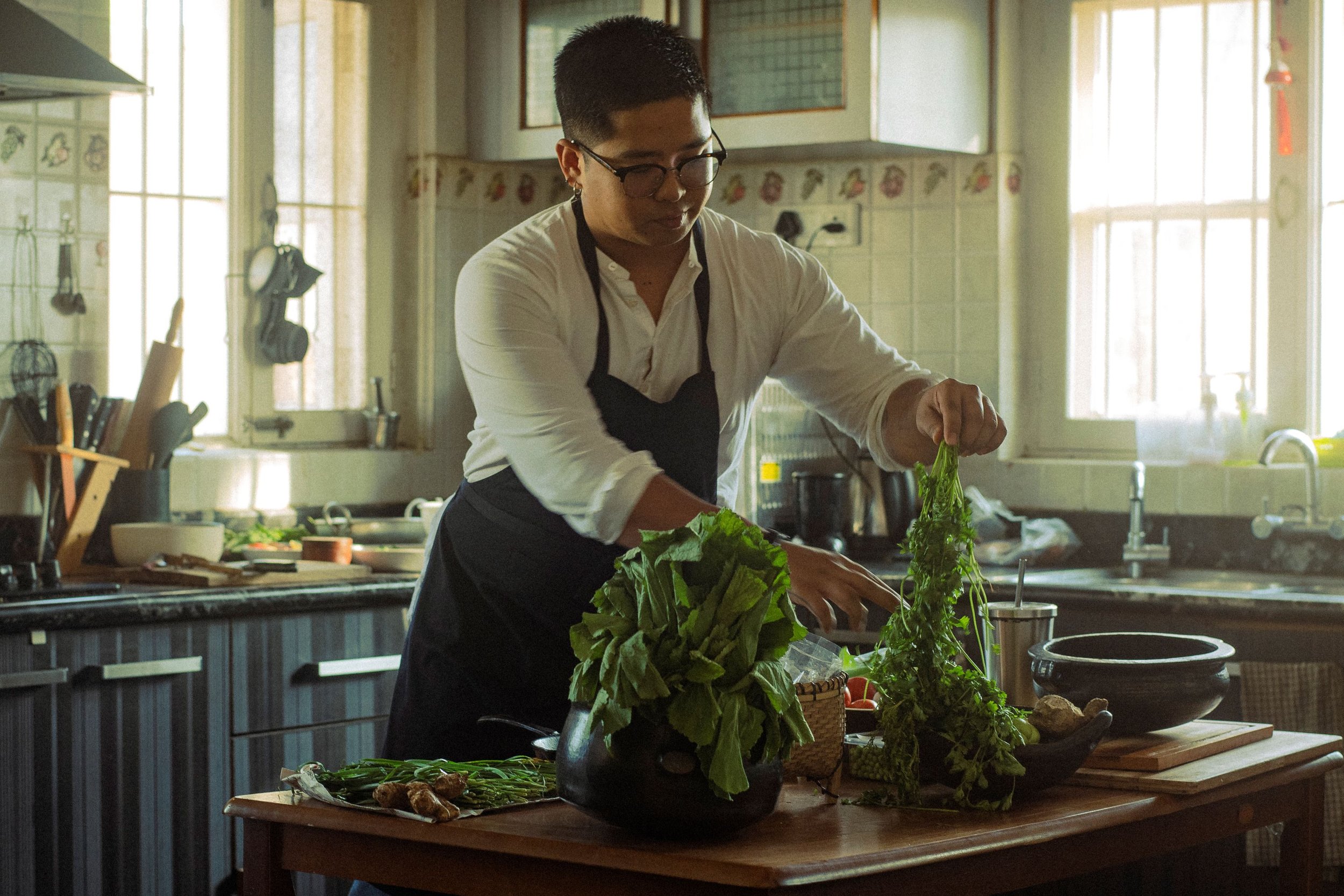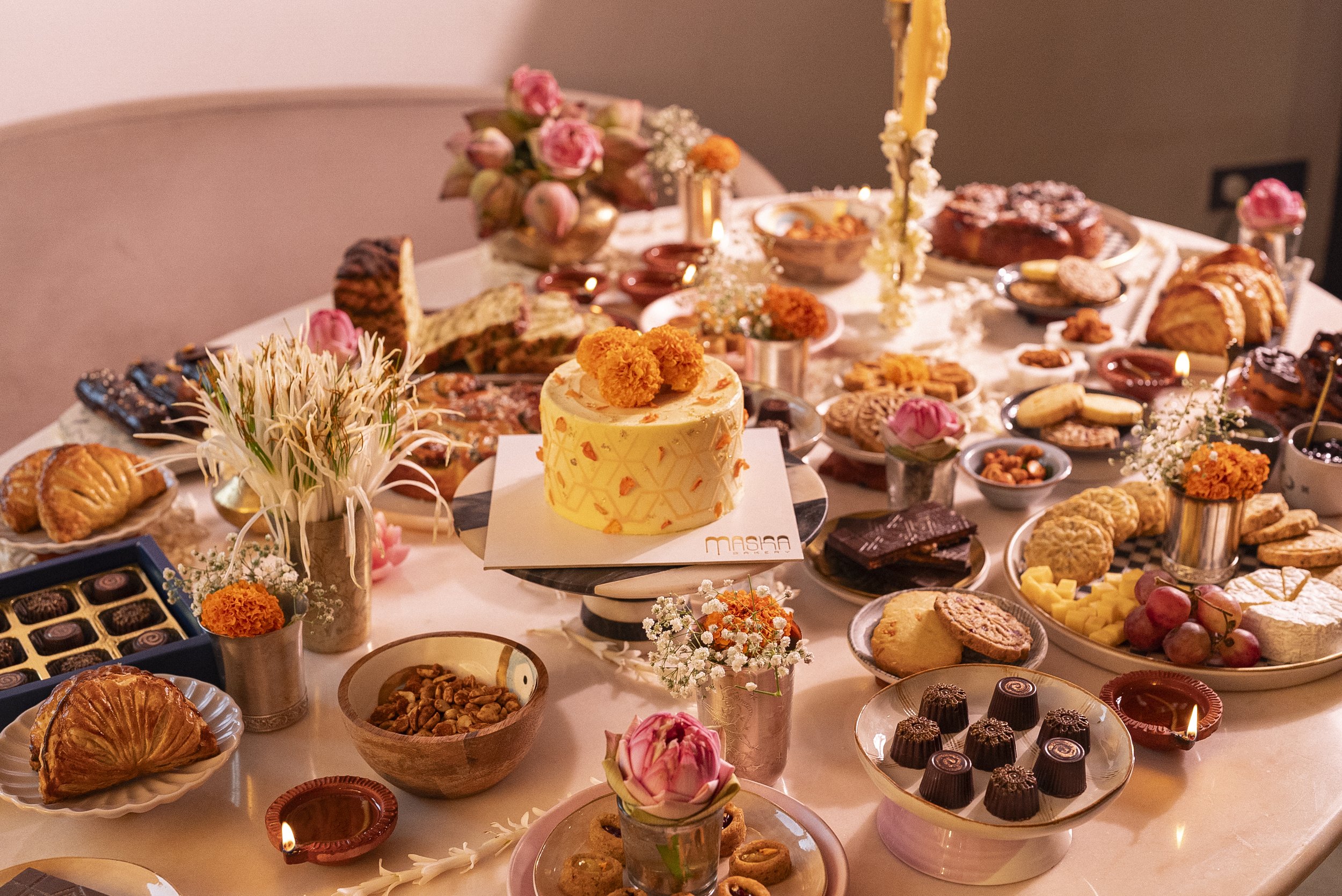May It Be Good For You

There is much to be said about discovering the wonderful new foods of a foreign land. Less talked about, yet equally nourishing, are the conversations with the strangers you meet on the way. Shahnaz Habib explores both cuisine and conversation, that feed stomach and soul, in her travels through Turkey.
There are several ways to tell this story. I could quote one of the Rumi poems that were littered, like breadcrumbs leading lost children home, on my path to Konya in Turkey. I could tell you about the old dervish who started to weep in the tomb of Shams of Tabrizi, shocking into silence the chatty crowd that had just trooped in from the guided tour bus. But there’s a story that these other stories whirl around and that is the story of the burek.
A burek is a flaky pastry with a filling, and that filling is usually ground meat in Turkey. There is a lot of meat on the table in this land of kebaps, and on my second day in Konya, a small city in the middle of Turkey, I get only blank stares and shrugs when I ask for “etsiz” – meatless – food. What brought me to Konya, where Rumi lived and wrote his poetry about eight hundred years ago, may be spiritual hunger but on that cold December morning, it was the physical kind of hunger that had me wandering through the bazaar in front of Rumi's tomb.
The bazaar is everything that you read about bazaars in in-flight magazines. Labyrinthine, crowded, fragrant. It sells jewelry, plastic buckets, pistachios from Iran, coal-stoves, and 1000-count rosaries. Errand boys scurry about with trays of tea, summoned by the walkie-talkies in carpet shops. Women bargain with pursed lips and dancing fists, shopkeepers act insulted. Kebaps everywhere.
I turn a corner and spot a man peddling bureks from his handcart. A small man who almost disappears into his bulky brown jacket, he is calling out to customers – Come, come, whoever you are, heathen, fire-worshipper, idol-lover, come! Ours is a caravan of hope!
Well, not exactly. Those are the words inscribed at the door to Rumi’s tomb behind me. Centuries ago, Konya was one of the heart centres of Sufi scholarship and ritual, attracting mystics and seekers of all faiths. Rumi welcomed them all. Wandering around his tomb and the dergah where he taught students, I had been trying, unsuccesfully, to pretend I was a twelfth century pilgrim. But the city was growing, and parking lots and McDonalds and malls were beginning to overwhelm the historic district with the white and green tomb at its center.
The burek-seller’s eyes glitter with curiosity as I approach. He starts speaking to me in Turkish. I shrug and grimace to show him my ignorance. My knowledge of Turkish consists of Merhaba InshaAllah Ismis Shahnaz Etsiz Yemek Var Mi GuleGule – hello if God wills my name is Shahnaz does this have meat goodbye.
I point to the bureks. “Etsiz yemek var mi?”
This launches him into a fevered description of the bureks. More shrugs and grimaces fom me. He slows down by degrees till he is talking in monosyllabic Turkish words, uttered staccato. I am still cluelessly, hopelessly, shrugging away. A few men, drinking tea at a table outside the felt-maker's store, eye us with sardonic faces.
Reduced to gestures, the burek-seller points at a burek. I convey with my hands, what is inside? The burek-seller screws his face and thinks. Then he bends forward and lets his hands hang down. He looks at me eagerly. Get it?
After a few false starts, it is clear – he is a cow. Standing up, he makes fists out of his hands, and then, elbows astride, with one fist on top of the other, he twists them in opposite directions. He is now milking the cow that he was a moment ago. A burkha-clad woman with a bag full of radishes lifts her veil to watch him.
The burek-seller laughs at himself. He nods sheepishly at the tea-drinkers who are now smiling broadly. But he is too far gone now. He stirs. He scoops with a phantom spoon. He presses air carefully between his two hands. He touches a finger at the air and licks it. It is delicious, he mimes. Cheese.
The bazaar has stopped to laugh at us, around us, with us. The tea drinkers are holding their stomachs and laughing. Even the burek-seller wipes off tears of meriment. I hunt out a lira coin for the burek. He bows his head, touches his hand to his heart, and gestures -- no money, this is my gift. I take a bite. It is a very ordinary borek. White bread and store cheese. “Afiyet Olsun,” he says. May it be good for you.
For years after that, when I remember Turkey, it is the burek that I remember first. All those magnificent Ottoman mosques and all those postcard sunsets on the Bosphorus and all those Rumi quotes on Facebook, and yet, it is the burek that still feeds me. I am still nourished by that hand on his heart, that pilgrimage to the bazaar. It will always be good for me.
Shahnaz Habib is a freelance writer whose work has appeared in Creative Nonfiction, Agni, The Guardian, The Caravan, and elsewhere. She is an editor at Laundry, a literary magazine about fashion, and teaches writing at The New School, New York. Illustrations by Aaniya Asrani.
YOU MAY ALSO LIKE

